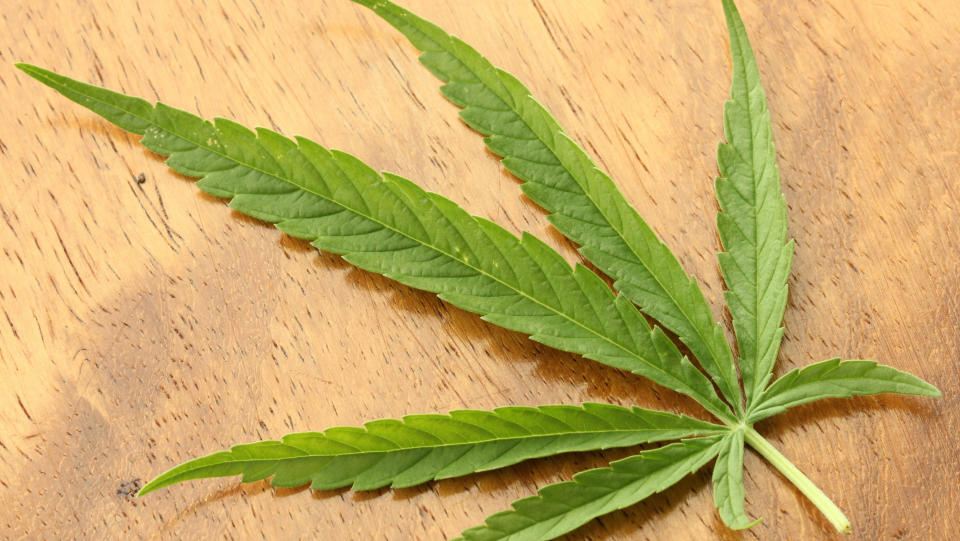Will Supply Issues Plague Cannabis Stocks for the Rest of 2018?

The young cannabis industry has been hit with a predictable supply shortage in the early weeks of legalization. The Alberta Gaming, Liquor and Cannabis Commission (AGLC) said on October 24 that some licensed producers had failed to provide the amount of product they had promised. Cannabis stores in Alberta, which opted for a private retail system, began running out of product on the day of legalization. The AGLC website, the only source where Albertans can order legal cannabis online, is sold out of most of its products.
Other provinces have reported similar issues with supply. The Quebec Cannabis Corporation (SQDC) ran out of all but one product at one of its three Montreal locations. Leadership at the retailer is now concerned that the 12-store sales network will not be nearly enough to meet the soaring demand. The SQDC has said that the lack of supply is something consumers will have to tolerate for months and warned that the distribution system could be compromised.
The Ontario Cannabis Store (OSC), which is currently the only source to buy legal cannabis in Ontario, has also struggled to meet early demand. High demand and work stoppages at Canada Post have resulted in significant delays, which are frustrating consumers. Cannabis will not be available at over-the-counter retail locations until April 2019. Meanwhile, Toronto and other municipalities are cracking down on unlicensed cannabis dispensaries.
The supply crisis immediately following legalization has coincided with a global stock market rout. This has resulted in huge losses for cannabis stocks since recreational legalization. Aurora Cannabis (TSX:ACB)(NYSE:ACB) stock was down 30.6% over the past week as of close on October 25. Last week I’d discussed how its NYSE listing could potentially provide a short-term boost. Unfortunately, the broader stock market sell-off and struggles in the sector have so-far proven to be too much to overcome.
Shares of Aphria (TSX:APH) have dropped 16.6% week over week as of close on October 25. In early October, Aphria CEO Vic Neufeld predicted that “short-term supply chain issues” would prevent even the larger licensed producers from meeting demand. Neufeld also said that obtaining government-issued excise stamps had become a lengthy process and was causing delays. Aphria expects to be producing over 20,000 kilograms by April or May of 2019. “That’s enough to serve 50% or 40% of projected recreational use in year one in Canada,” Neufeld said.
Ready for the good news?
The chaotic cannabis roll-out is frustrating but expected, but it is not all gloom and doom for investors with their sights on the long term. Demand has surged out of the gate and, by all accounts, has soared past original expectations. This is expected to stabilize, but many have underestimated how large the consumer base for cannabis could be in the coming years. Projections for the overall size of the cannabis market, which typically ranged between $6 billion and $8 billion, may be due for an upward adjustment.
In truth, investors will not get a clear picture of this industry for at least two years. Production will ramp up in mid-2019, but the most populous province in the country will not have brick-and-mortar locations until the spring of next year. Surveys indicate that some consumers are apprehensive about giving their personal data to the OSC to purchase cannabis online, so the record response may still be understating how huge demand will be. Cannabis edibles, which will be a significant market on their own, will also not be legal until late 2019 at the earliest.
The long-term outlook for the cannabis industry is still bright, especially for the most established producers, but volatility will be here to stay for the duration of this supply crisis.
More reading
Should HEXO Corp or Aurora Cannabis Be Your Top Recreational Pot Stock Pick?
TFSA Investors: 3 Stocks Yielding up to 10.5% That I'd Buy Right Now
Free investor brief: Our 3 top SELL recommendations for 2018
Here's Why Toronto Dominion Bank Should Be in Your Investment Portfolio
Fool contributor Ambrose O'Callaghan owns shares of Aurora Cannabis.

 Yahoo Finance
Yahoo Finance 